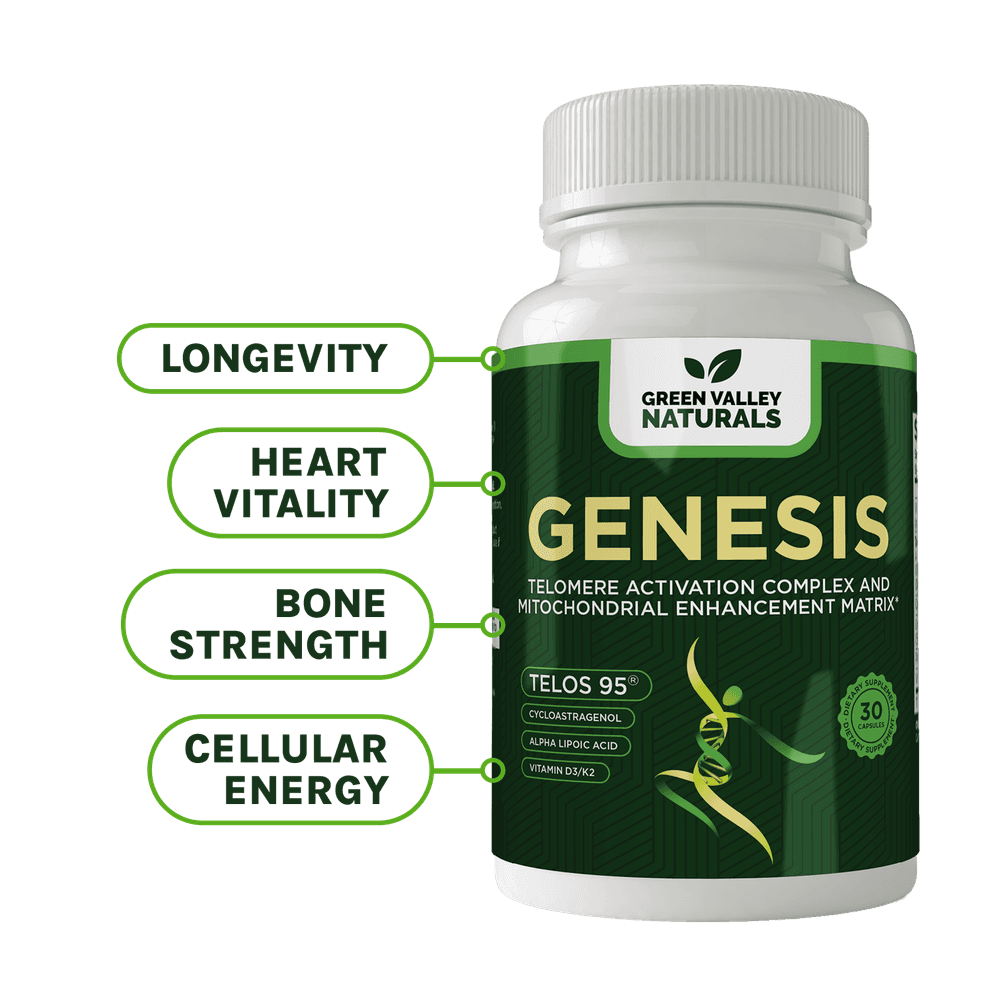Key Takeaways
- Chronic inflammation is associated with diseases like heart disease and Alzheimer’s and can worsen as we age.
- The study found that caffeine can inhibit inflammation-causing gene activity, potentially reducing disease risk.
- High caffeine intake through coffee and tea correlates with decreased inflammation and can prolong life expectancy.
Inflammation Genes – High in Some, Low in Others
The scientists, led by consultant associate professor David Furman, gathered data from a project that was started a decade ago. It included 114 participants aged from 20 to 89. Each year, blood samples were drawn, and medical histories were updated.
In particular, the researchers looked at two clusters of genes that stimulate the production of interleukin-1-beta (IL-1β), a protein that’s a powerful cause of inflammation.
As expected, older people had more activity in these genes than younger people.
They also found some older group members were either high or low activators of the genes. Comparing the high activators to the low ones, the scientists found:
- Higher levels of harmful nucleic acid (DNA/RNA) breakdown products.
- Elevated concentrations of IL-1β in the high activators.
- Increased activity of free radicals and breakdown products caused by them.
- Three out of four had high blood pressure compared to less than one in ten low activators.
Less Coffee, Higher Risk of Death
Moreover, the high activators were much more likely to have stiff arteries. Those high activators older than 85 in 2008 were more likely to have died by 2016. They were only about one-tenth as possible as the low activators to have at least one close family member who had lived past 90.
They drank much less coffee and ingested lower levels of caffeine from other sources. It became pretty clear that high activators generated much more inflammation, which in turn increased the risk of disease and death.
To test the effect of the harmful nucleic acid metabolites that were prominent in the high activators, the researchers incubated them into a type of immune cell in a Petri dish. This resulted in the boosted activity of one of the gene clusters and, consequently, of inflammatory IL-1β. Next, they injected the metabolites into mice to confirm the negative findings in a living creature. This caused massive whole-body inflammation, high blood pressure, and kidney damage.
Caffeine Substantially Reduced Inflammation
Noting that the low gene activators drank much more coffee and caffeine products, they repeated the experiment they carried out in the Petri dish. This time, however, they added caffeine and a caffeine-related product called theophylline, also found in tea, and theobromine, which is abundant in chocolate.
The result was that inflammation was substantially inhibited. Professor Furman commented on the study: "More than 90% of all non-communicable diseases of aging are associated with chronic inflammation. It’s also well known that caffeine intake is associated with longevity. Many studies have shown this association. We’ve found a possible reason for why this is so."
There’s some suggestion in this study that moderate caffeine might be enough to quell some of this inflammation.
“The more caffeine people consumed, the more protected they were…”
The study showed people who drank more than five cups a day displayed very low levels of activity in these inflammation-causing genes. Caffeine can substantially reduce this inflammatory pathway.
Another member of the Stanford team, Mark Davis, Professor of microbiology and immunology added, “That something many people drink – and actually like to drink – might have a direct benefit came as a surprise to us. What we’ve shown is a correlation between caffeine consumption and longevity. And we’ve shown more rigorously in laboratory tests, a very plausible mechanism for why this might be so.”
Rich Antioxidant Stores
But it's not just the caffeine; coffee is one of the richest sources of antioxidants in many people's diets. These antioxidants help neutralize free radicals in the body, reducing oxidative stress and lowering the risk of chronic diseases.
The primary antioxidants in coffee are polyphenols, particularly chlorogenic acids, which are also known for their anti-inflammatory and antimicrobial properties. When coffee is roasted, it produces additional antioxidant compounds, such as melanoidins, which also contribute to its overall health benefits.
Want to supercharge coffee's antioxidant stores? Add turmeric powder and give your cup of joe a spicy kick and even more antioxidant power. Another good idea is to choose organic coffee. Studies show that organic coffee is higher in antioxidant stores than conventionally grown coffee beans.
Summary
A Stanford University study reveals that caffeine may help reduce chronic inflammation, which is linked to aging-related diseases like heart disease, diabetes, and Alzheimer’s. Researchers found that individuals with higher caffeine intake displayed lower levels of inflammation markers, possibly due to caffeine’s ability to inhibit certain gene clusters responsible for inflammation. This finding suggests that moderate caffeine consumption could promote longevity by combating inflammation, a common factor in many age-related health conditions.
Frequently Asked Questions
How does caffeine help reduce inflammation?
Caffeine inhibits certain gene clusters that produce IL-1β, a protein that drives inflammation, thus potentially reducing inflammation in the body.
What diseases are associated with chronic inflammation?
Chronic inflammation is linked to many age-related diseases, including heart disease, diabetes, arthritis, and Alzheimer’s.
How much caffeine is beneficial for reducing inflammation?
While individual needs vary, the study suggests that consuming moderate to high levels of caffeine, such as in coffee or tea, may help lower inflammation.
Can other sources of caffeine besides coffee provide similar benefits?
Yes, caffeine from sources like tea and chocolate (which contains theobromine) may also help reduce inflammation due to their similar compounds.
Is it safe to consume caffeine daily for anti-inflammatory benefits?
For most people, moderate caffeine consumption is safe and can provide anti-inflammatory benefits, but it's best to consult with a healthcare provider regarding individual caffeine tolerance and health conditions.
- https://www.ncbi.nlm.nih.gov/pmc/articles/PMC5320935
- https://med.stanford.edu/news/all-news/2017/01/caffeine-may-counter-age-related-inflammation-study-finds.html
- http://time.com/4634553/is-coffee-bad-aging-caffeine


